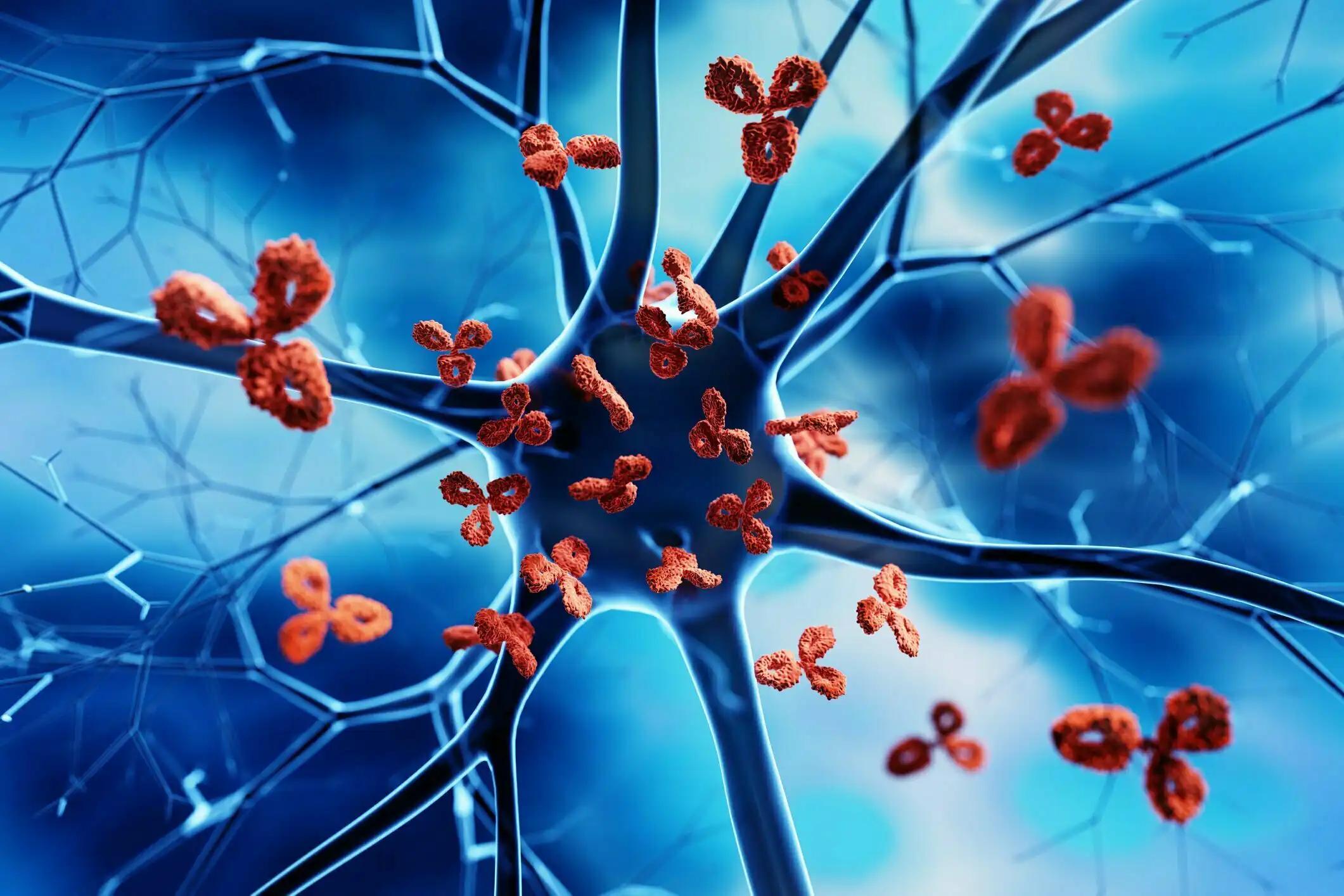KEY TAKEAWAYS
- The study aimed to evaluate how a multi-gene pyroptosis model predicts prognosis and chemotherapy response in people with HNSCC.
- The results suggested higher PRGscore in HNSCC predicts a poorer prognosis but better chemotherapy and immunotherapy benefits.
Head and neck squamous cell carcinoma (HNSCC) is among the most common cancers. Chemotherapy remains a dominant treatment strategy, yet a substantial number of patients develop resistance to it. Identifying patients who could achieve maximum benefits from chemotherapy is particularly important. Currently, 4 pyroptosis genes are reported to correlate with the chemotherapeutic response or prognosis of HNSCC. However, no study has assessed the combined predictive efficacy of these four genes.
Peiyang Yuan and the team Aimed to evaluate how a multi-gene pyroptosis model predicts prognosis and chemotherapy responsiveness in people with HNSCC.
The study used RNA-sequencing data from The Cancer Genome Atlas and Gene Expression Omnibus databases and computed the pyroptosis-related gene score (PRGscore) for each HNSCC sample via Gene Set Variation Analysis (GSVA) based on 4 genes that were Caspase-1, Caspase-3, Gasdermin D, and Gasdermin E. The PRGscore’s prognostic significance was assessed using Cox regression and Kaplan-Meier survival analyses. Chemotherapy sensitivity, stratified by high and low PRGscore, was examined to determine the potential association between pyroptosis activity and chemosensitivity. Additionally, chemotherapy sensitivity assays were conducted in HNSCC cell lines in vitro.
The study successfully formulated a PRGscore reflecting pyroptotic activity in people with HNSCC. A higher PRGscore correlates with a worse prognosis; however, individuals with higher PRGscores were significantly more responsive to chemotherapy. Chemotherapy sensitivity tests on HNSCC cell lines showed a positive association between overall pyroptosis levels and sensitivity to cisplatin and 5-fluorouracil. Additionally, people with higher PRGscores may benefit from immunotherapy.
The study suggested that, despite a less favorable prognosis, individuals with higher PRGscores in HNSCC may experience better outcomes with chemotherapy and immunotherapy.
Funding was provided by the National Natural Science Foundation of China,the Research Funding from West China School/Hospital of Stomatology Sichuan University, the Postdoctoral Research Funding of Sichuan University, the Research and Develop Program of West China Hospital of Stomatology of Sichuan University, the Key Research Program of Sichuan Provincial Science and Technology Agency, the Clinical and Translational Medicine Research Foundation of Chinese Academy of Medical Sciences, and the Research and Develop Program, West China Hospital of Stomatology Sichuan University.
Source: https://pubmed.ncbi.nlm.nih.gov/38756442/
Yuan P, Jiang S, Wang Q, et al. (2024). “Prognostic and chemotherapeutic implications of a novel four-gene pyroptosis model in head and neck squamous cell carcinoma.” PeerJ. 2024 May 13;12:e17296. doi: 10.7717/peerj.17296. PMID: 38756442; PMCID: PMC11097961.



